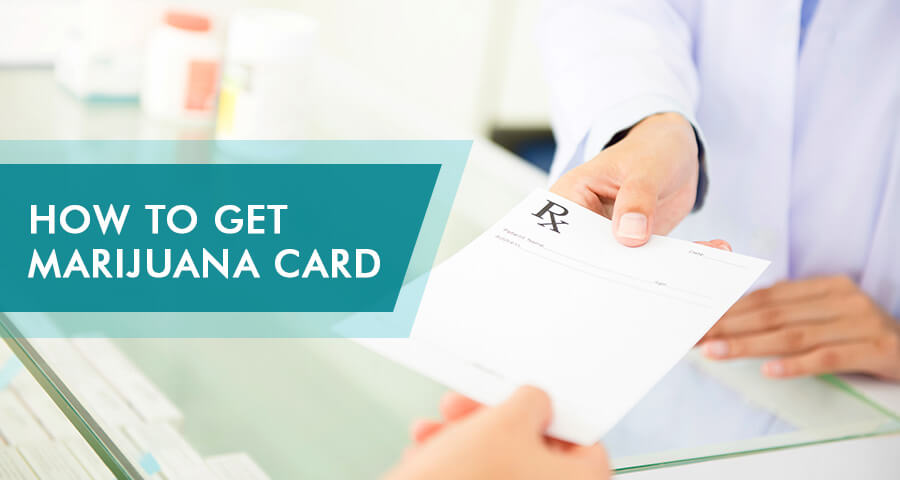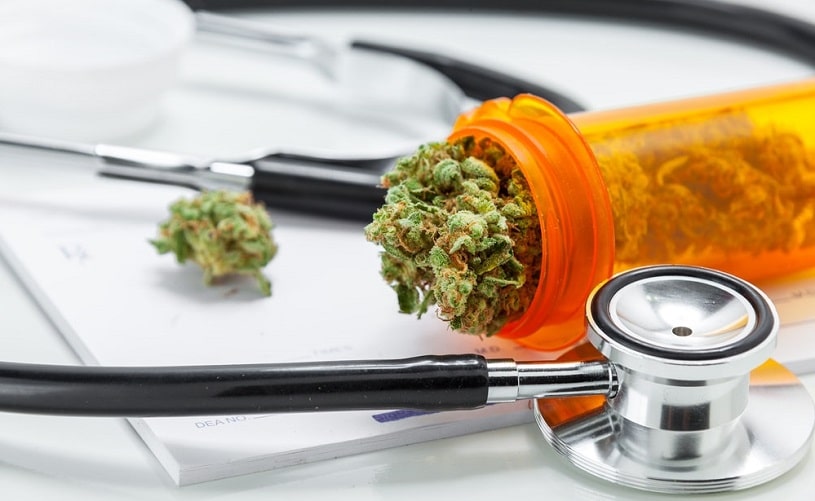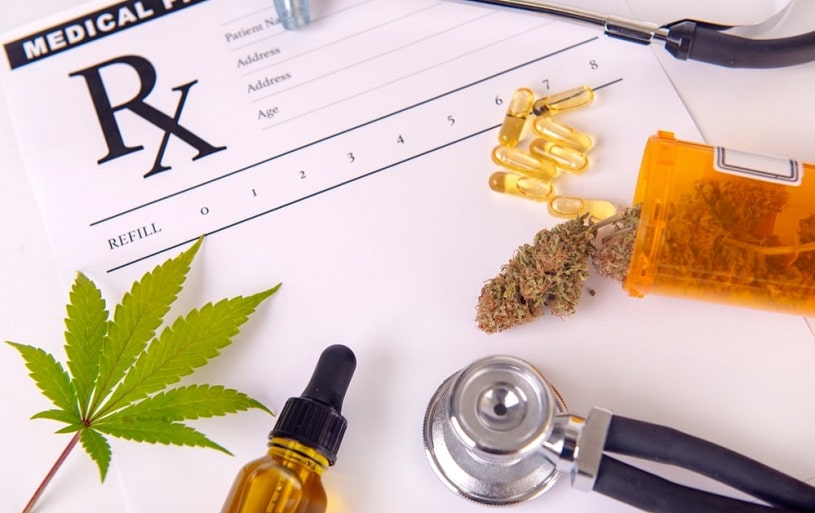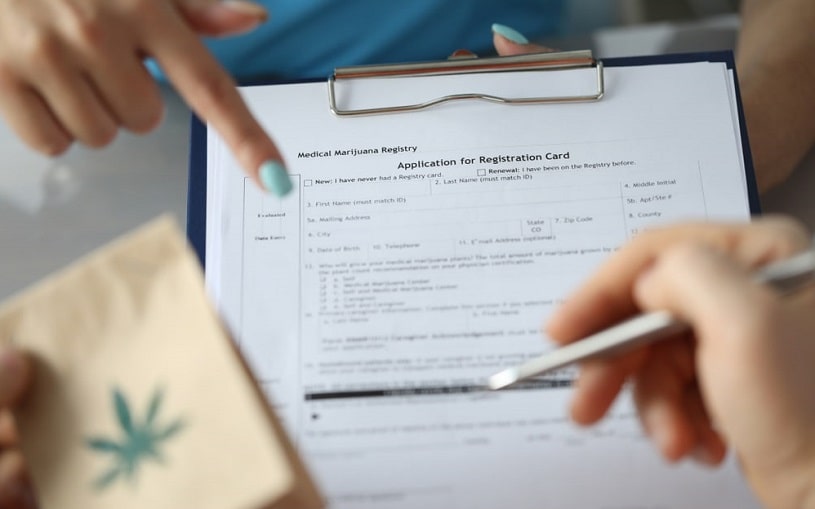
The Cannabis plant has been used for medicinal purposes for hundreds of years worldwide; nowadays, its use is regulated by authorities and controlled by physicians due to the categorization as a “drug.” Several studies have shown that not everything is about recreational use, but that weed can be beneficial for many health conditions, from PMS to Parkinson’s.
Table Of Contents:
What is Medical Marijuana?
Medicinal Marijuana is the name given to the derived products from Cannabis used to treat certain diseases. The main ingredients with therapeutic value are 9-Tetrahydrocannabinol (THC) and Cannabidiol (CBD). Both work as antiemetic, analgesic, antiepileptic, and anti-inflammatory. However, THC has a psychoactive component, which makes it a controlled substance in some countries. The medicinal and recreational use depends on the consumer’s needs; CBD has shown more health benefits while THC is usually related to recreational consumption even if it also has therapeutic use. The use of these products for medicinal purposes is legal in 36 U.S. states plus the District of Columbia since November of 2020.
Medicinal Marijuana Uses
With medical cannabis, each state determines which health conditions qualify for treatment. In the most restrictive states, it can only be used for certain types of epilepsy. In more liberal states, individuals can be prescribed with cannabis for anxiety, pain, or sleep troubles.
So far, the Food and Drug Administration (FDA) has not approved the medicinal use of cannabis for any health condition. However, it has approved two cannabis-derived medications called Dronabinol (Marinol®, Syndros®) and Nabilone (Cesamet®) to treat wasting syndrome in AIDS patients, plus nausea and appetite loss in cancer patients undergoing chemotherapy. Also, Epidiolex®, a purified form of CBD, is indicated to treat seizures related to Dravet or Lennox-Gastaut Syndrome.
Some Conditions Commonly Treated With Medical Cannabis Include:
- Multiple sclerosis
- Spinal cord injury
- Spinal cord disease
- Cancer
- HIV/AIDS
- Arthritis
- Epilepsy
- IBS
- Insomnia
- Migraines
- Anxiety
- Palliative care
- ADD and ADHD
- Anorexia
- General pain disorders
Medical marijuana provides relief to the symptoms related to the conditions previously mentioned but does not treat the disease itself. After consuming it, the cortisol levels increase; hence, blood pressure, glucose levels, and inflammation are reduced. In patients undergoing chemotherapy reduces nausea and increases appetite; therefore, it is also used in patients with AIDS suffering from wasting syndrome.

Also, it acts as a neuroprotector and antioxidant, improving tremors and involuntary muscle movements in Parkinson’s and reducing the pain caused by chronic conditions like arthritis, fibromyalgia, and migraine.
It is important to note that studies regarding the effectiveness of weed in treating these conditions are limited. Because pot’s classification at the federal level indicates it has no medicinal purpose, studies on cannabis uses cannot receive federal funding. Thus, while marijuana for anxiety or sleep may be prescribed, it is unclear how effective the treatment will be or how likely addiction will be developed.
How Is it Administered?
Medicinal cannabis can be smoked, inhaled, or consumed in presentations like tea, pills, baked products, oils, lotions, or oral spray. Each presentation has a different time response; smoked works almost immediately, while baked weed products can take up to two hours to show effects.
Can Cannabis Cure Cancer?
Some believe that weed kills cancer. This belief has been around for some time. Still, it rose in popularity in 2015 when a story went viral claiming that the National Cancer Institute and the National Institutes of Health had published research proving that cannabis kills cancer cells in humans. In truth, what has been shown is that cannabinoids may slow the growth of certain types of cancer. However, this has never been demonstrated in humans, only in lab dishes and on animals.

There are trials currently being completed on human test subjects. However, these studies will take time to reach their conclusion and for their results to be reviewed and published. There is no proof that cannabis for cancer can slow or kill the cells in humans.
With that said, in states where medical marijuana is legal, it is common for weed to be prescribed for cancer patients. However, the idea behind this is not to kill or slow the disease but rather to help patients reduce the disease symptoms’ negative impact on their lives. For example, it can cause painful inflammation, which THC might reduce, making it a viable pain relief option. For anyone considering the use of medical marijuana during treatment, it is vital to consider the pros and cons.
Debating the Medicinal Use of Cannabis
While acceptance of recreational weed is still relatively low across the United States, studies from Pew Research Center have found that more than 60 percent of Americans approve of medicinal uses for weed. However, most people form their opinion without doing independent research; they hear that medical cannabis helps some people and then decide it only makes sense to legalize it. Before forming an opinion, one should understand the pros and cons.
Pros of Medicinal Marijuana:
- In limited studies, cannabis is effective in treating or alleviating various physical ailments
- Certain marijuana strains are designed for medical use, meaning they are less psychoactive
- When compared to some traditional pharmaceuticals, the side effects of marijuana are milder, making it safer
- Marijuana oil makes it easier to consume the drug without THC
- Liquid marijuana tinctures allow patients to use the drug without the dangers of smoking
- Not all active ingredients in marijuana are psychoactive, and when isolated, allow treatment without any high being produced and no known risk for addiction
- Marijuana prices are lower than many pharmaceuticals, allowing patients to afford treatment
Cons of Medicinal Marijuana:
- When used on an on-going basis, marijuana dependence and addiction can develop
- Weed has been shown to impact short-term memory negatively
- If used in underage patients, it has the potential to degrade their cognitive ability Smoking pot can lead to lung cancer
- Smoking weed while pregnant is dangerous to the fetus
- Weed withdrawal can occur when the drug is not used anymore and may cause irritability, sleeping problems, and depression, lasting up to 2 weeks
- Consuming CBD products without medical surveillance can produce gastrointestinal symptoms, loss of appetite, seizure, and lethargy
Obtaining a Medical Marijuana Card
Before a patient can get marijuana for pain relief or another condition, they must obtain their medical marijuana card. Medicinal marijuana clinics have different rules about cannabis prescriptions depending on the state.
However, Most Follow the Same General Format:
- Determining what condition will be treated by cannabis
- Gathering medical records documenting the condition
- Getting a physician's statement certifying that the condition is real and significant enough to be treated with cannabis
- Obtaining the documents needed to prove residency within the state
- Submitting all items to the state board that issues medical marijuana licenses
- Once approved, updating information as often as required by the state
Medical marijuana card is a way to get the needed treatment, not the green light for drug abuse! It is illegal to mislead the doctor about the health condition to get a cannabis prescription for recreational purposes in states where such use is not legally approved.
Three Steps to Getting A Cannabis Card
It’s vital to start by reading what the legislation for medicinal marijuana is in the state. One should know what obstacles could lie in wait in advance. Then, one should proceed to get their medical records together. These should list any diseases, disabilities, or injuries that pot might alleviate. That also means getting a statement signed by a physician recommending the medical use of cannabis for one’s specific condition.
Proof Of Residency
Applicants are required to produce some proof of state residency, like an ID card or driver’s license, as most states will mandate that only residents qualify for a card. Without producing some form of ID, the application will get stuck. Please keep in mind that this card is not the same thing as a marijuana handler’s card.
Recommendation From a Doctor
A doctor needs to recommend use depending on the specific health condition. Some physicians don’t believe cannabis offers the pain relief it is said to, and every doctor is different. Applicants must talk to doctors about all the facts if they want to convince them they need medical cannabis for their condition.
Medical Marijuana Card Renewal
Medical cannabis cards are only active for a specific period in most states, usually up to a year. When the card expires, one must apply for renewal. It’s recommended to check the limits with the health department in advance. One needs to have a card because using cannabis is otherwise considered illegal.
Using cannabis illegally is usually treated as either a civil charge or a misdemeanor, depending on the state. Still, both come with fines and, in the event of a repeat violation, jail time.
Medical cannabis cardholders are properly registered with their state government and can use cannabis with no fear of potential legal troubles or law enforcement intervention at the state level.
Those applying for the card can gain approval for use via a specialist holding a medical marijuana license.
What Types Of Doctors Can Prescribe Medical Marijuana?
Prescription of medicinal marijuana is not legal; this word is only used for approved medications from the FDA. Instead, Doctors provide a recommendation card for cannabis use. The authorities authorize Medical Doctors (MD), Naturopathic Doctor (ND), or Osteopathic Doctor (OD) for this task.
Medical Marijuana Consulting – How to Talk to a Doctor
As cannabis has been portrayed negatively for decades, it can be challenging for many patients to talk to their doctor about it, especially older ones. It is fully legal to ask a doctor to prescribe medical marijuana.
Improving the quality of life by managing symptoms takes precedence over any physician’s attitude toward the drug. If a doctor is dismissive or judgmental of questions about medical cannabis on a non-medical basis, one should look for a second opinion.

Patients who are pregnant or nursing should ask if they should avoid using medical cannabis. All patients should inquire if there are any activities they should avoid while using and whether medical cannabis will make their current medications less or more effective.
These are all crucial questions to ask. And ask them one must, because everyone deserves neutral, solid, and professional medical advice when it comes to their health problems and taking care of themselves.
Finally, know that not all doctors are equipped to handle these questions. They may struggle with the in-depth clarifications a patient is expecting. This is why people should ask their doctors to refer to another specialist experienced in treating patients with medical cannabis if the need should arise.
Help with Problematic Use and Treatment
A physician must examine every person to determine if they are the right candidate for the recommendation card. Even if medicinal marijuana increases patients’ life span with Parkinson’s, anxiety, inflammation, and chronic pain, it also has side effects like depression, paranoia, short-memory loss, and even dependence. A significant number of studies have been published regarding the benefits of medical marijuana that overcome the side effects in most cases. Still, most of them also point out that the effectiveness of treating these health conditions is limited.
Normally, one should start seeing improvement with the medical use of pot within one or more months, depending on the condition being treated. However, if this isn’t the case, weed addiction is present, or one is considering getting a fake medical marijuana card because they’ve been denied one by their doctor, perhaps treatment options for drug addictions should be considered. There are many drug abuse rehabilitation centers providing the necessary assistance to weed addicts.
Find Drug Rehabilitation Centers Near You Anywhere In the US
Addiction Resource team has compiled an extensive list of the top drug rehabilitation facilities around the country. Use our locator tool to find the best centers near you.
Page Sources
- Bridgeman, M. B., & Abazia, D. T. Medicinal Cannabis: History, Pharmacology, And Implications for the Acute Care Setting (2017). https://www.ncbi.nlm.nih.gov/pmc/articles/PMC5312634/
- Budney, A. J., Roffman, R., Stephens, R. S., & Walker, D. (2007). Marijuana dependence and its treatment. Addiction science & clinical practice. (2007). https://www.ncbi.nlm.nih.gov/pmc/articles/PMC2797098/
- Cannabis and Cannabinoids (PDQ®)–Patient Version. National Cancer Institute (2020). https://www.cancer.gov/about-cancer/treatment/cam/patient/cannabis-pdq
- FDA and Cannabis: Research and Drug Approval Process (2020). https://www.fda.gov/news-events/public-health-focus/fda-and-cannabis-research-and-drug-approval-process
- NIDA. Is marijuana safe and effective as medicine? 2020 https://www.drugabuse.gov/publications/research-reports/marijuana/marijuana-safe-effective-medicine
- U.S. National Library of Medicine. Medical marijuana https://medlineplus.gov/ency/patientinstructions/000899.htm
- Charles W Webb, and Sandra M Webb, Therapeutic Benefits of Cannabis: A Patient Survey, 2014 https://www.ncbi.nlm.nih.gov/pmc/articles/PMC3998228/


 Reviewed by:
Reviewed by:  Written by:
Written by: 

 FindTreatment.gov
FindTreatment.gov